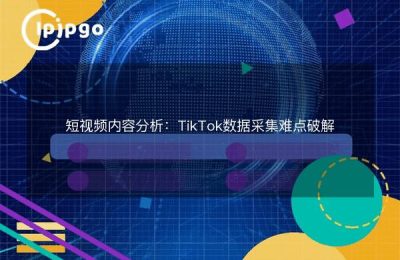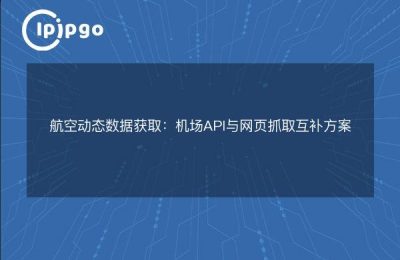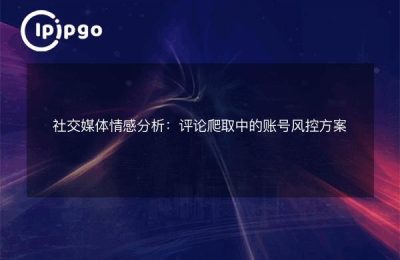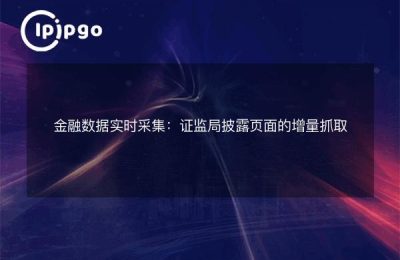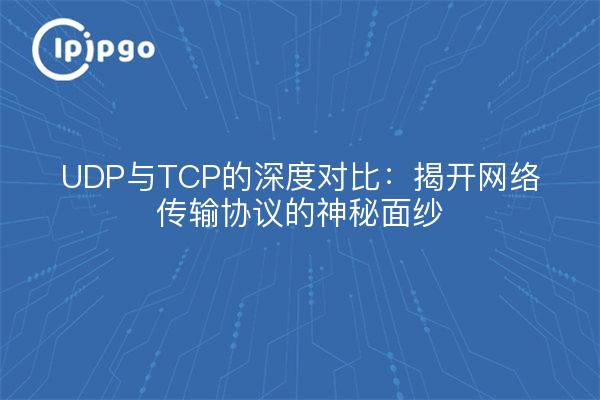
In the network world, the transport protocol is like a highway of information, and on this highway, the two most common lanes are undoubtedly UDP and TCP.Today, we will explore the differences between these two transport protocols in depth, so that you have a more comprehensive understanding of them.
What is UDP?
UDP, full name User Datagram Protocol, that is, User Datagram Protocol. It works a bit like a furious courier, no matter what, get the package and send it to the destination.UDP is characterized by high speed, but low reliability. Because it does not need to establish a connection, and do not need to confirm whether the data successfully reached each other.
Let's say, for example, you're having a fondue party at your house and your friends have each brought their own ingredients. udp is like one of those friends who just knocks on the door and comes in without saying hello, and while they may forget to bring something, they're definitely the fastest.
What is TCP?
TCP, full name Transmission Control Protocol, or Transmission Control Protocol. The way it works is more like a cautious and meticulous courier. Every time before sending a package, it will first confirm the delivery address with the other party, and then after delivery, it will also confirm whether the other party has received the package.
Still using the example of the fondue party, TCP is like those friends who call ahead to confirm the time and place and also ask what you need to bring. They're a little slower to arrive, but you can never go wrong with what they bring.
Key differences between UDP and TCP
Now that we understand the basics of how UDP and TCP work, what exactly are the specific differences between them? Let's break it down one by one.
1. Connectivity
UDP is a connectionless protocol that sends data directly without establishing a connection. TCP, on the other hand, is a connection-oriented protocol that requires a connection to be established before sending data.
2. Transmission reliability
UDP does not guarantee reliable transmission of data, and packets may be lost, duplicated, or garbled. TCP, on the other hand, ensures that data can be reliably transmitted to the other party by means of acknowledgement mechanisms, retransmission mechanisms, and so on.
3. Speed and efficiency
Since UDP does not need to establish a connection and does not have an acknowledgement mechanism, it has a faster transmission speed and is suitable for applications with high real-time requirements, such as live video streaming, online games, and so on. And TCP because of the need to establish a connection and confirm the data, the transmission speed is relatively slow, but suitable for applications that require high data integrity, such as file transfer, e-mail, etc..
Proxy IP in UDP and TCP
Proxy IP plays an important role in network communication by helping users hide their real IP addresses, thus protecting privacy, and enabling cross-region access to certain network resources. However, the choice of transport protocols varies from one application scenario to another.
1. UDP in real-time applications
UDP is often preferred in applications with high real-time requirements, such as live video streaming and online gaming. With proxy IP, users can connect to the target server more quickly, thus reducing latency and improving user experience.
2. TCP in applications requiring high data integrity
In applications where data integrity needs to be ensured, such as file transfers, emails, etc., TCP is more suitable. With Proxy IP, users can securely transfer data, ensuring data integrity and reliability.
How to choose the right proxy IP service
Choosing the right proxy IP service is crucial for different application scenarios. Here are some key points to keep in mind when choosing a proxy IP service:
1. Speed and stability
For applications with high real-time requirements, it is especially important to choose a fast and stable proxy IP service. This can effectively reduce latency and improve user experience.
2. Security
Ensure that the proxy IP service provider has good security measures in place to protect user privacy and data security.
3. Geographical location
Depending on the location of the target server that needs to be accessed, choosing a geographically appropriate proxy IP service can improve access speed and stability.
summarize
UDP and TCP, as the two major transmission protocols, have their own advantages and disadvantages: UDP is fast but less reliable, suitable for applications with high real-time requirements; TCP is highly reliable but relatively slow, suitable for applications with high data integrity requirements. When choosing proxy IP services, select the appropriate transport protocol and service provider according to specific application scenarios in order to maximize the efficiency and security of network communication.
Hopefully, through this article, you have gained a better understanding of UDP and TCP and will be able to make more informed choices in real-world applications.

